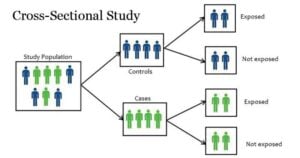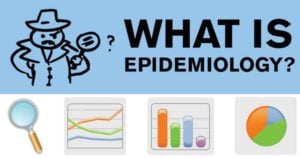Cross-Sectional Study- Definition, Types, Applications, Advantages, Limitations
A cross-sectional study (also known as a cross-sectional analysis, transverse study, prevalence study) is a type of observational study that analyzes data from a population, or a representative subset, at a specific point in time. It examines … Read more



